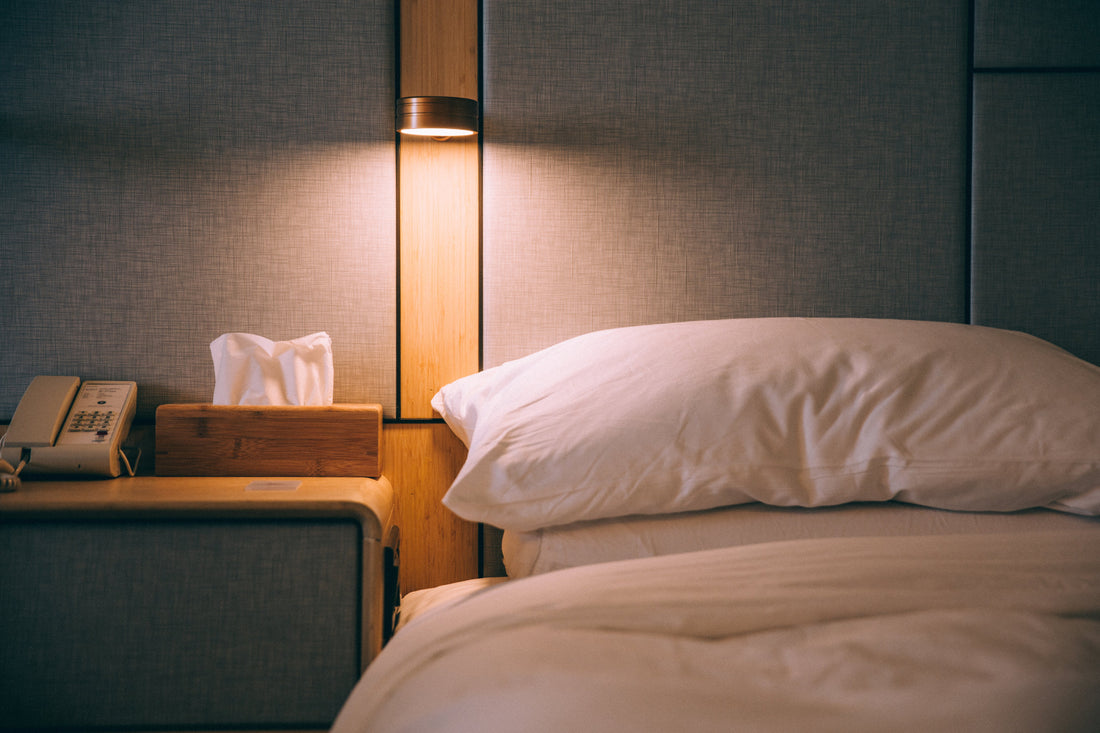
The Science of Sleep and Skin Health
Share
Let’s delve into the critical connection between sleep and skin health. Quality sleep isn't just vital for your energy levels—it’s also crucial for maintaining vibrant, healthy skin. Discover why getting enough restorative sleep is a cornerstone of any effective skincare regimen.
Understanding Sleep's Role in Skin Health
Sleep is a regenerative time for your body when healing and rebuilding occur not just internally but also at the skin level. During sleep, your skin undergoes repair and recovery from the daily environmental stresses, UV exposure, and other damaging factors.
Benefits of Quality Sleep for Skin
- Cell Regeneration: Growth hormones released during deep sleep help create new skin cells, replacing older or damaged cells.
- Enhanced Collagen Production: Sleep boosts collagen production, which increases skin elasticity and reduces the visibility of wrinkles.
- Improved Hydration Balance: Sleep helps regulate the body’s hydration levels and redistributes water to where it's needed most, including the skin. Proper hydration reduces the risk of dry skin and puffy eyes.
- Reduction in Stress Hormones: Sleep reduces cortisol levels, the stress hormone that can exacerbate skin conditions like acne and psoriasis.
Signs of Sleep Deprivation on Skin
- Dull, Lifeless Skin: Lack of sleep can lead to vasoconstriction, the narrowing of blood vessels, which reduces blood flow to the skin and results in a lack of oxygen and nutrients.
- Increased Signs of Aging: Chronic sleep deprivation has been linked to more fine lines, uneven skin tone, and reduced skin elasticity.
- Worsened Acne and Other Skin Conditions: Stress from sleep loss can increase inflammation, worsening acne, and other skin inflammatory conditions.
Tips for Improving Sleep Quality
- Consistent Sleep Schedule: Go to bed and wake up at the same time every day to regulate your body's internal clock.
- Pre-Sleep Routine: Develop a calming pre-sleep routine that might include reading, meditation, or a warm bath.
- Optimize Your Sleep Environment: Ensure your bedroom is cool, quiet, and dark. Invest in a comfortable mattress and pillows.
- Limit Screen Time: Avoid blue light exposure from screens at least an hour before bedtime as it can disrupt your natural sleep cycle.
Incorporating Sleep into Your Skincare Routine
Consider nighttime skincare products that support the skin's natural repair process, such as overnight masks or serums rich in antioxidants and hydrating agents. These can enhance the benefits of the sleep you're getting by providing your skin with the nutrients it needs to optimize the overnight rejuvenation process.
Final Thoughts
Don’t underestimate the power of sleep in your skincare routine. By prioritizing good sleep hygiene, you're not only revitalizing your mind and body but also giving your skin the best chance to renew and repair itself.